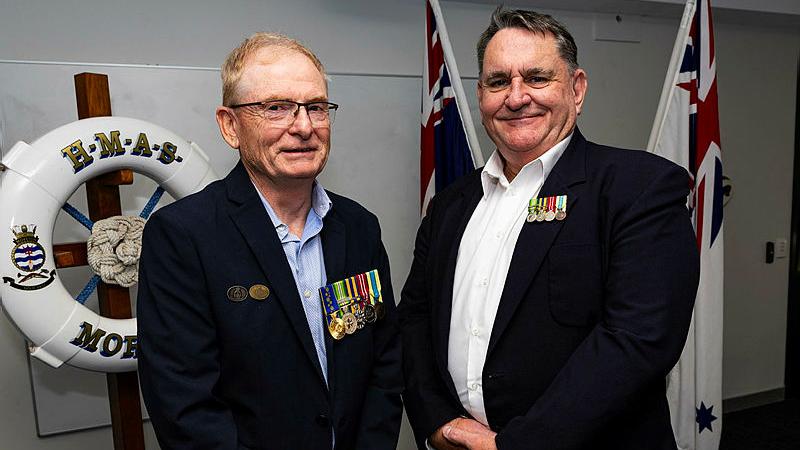A symposium hosted by La Trobe University’s Mildura campus will explore how rapid climate change and other factors are reshaping the future of its surrounding land and waterscapes.
Regional communities across the globe are undergoing unprecedented change driven by climate, economic, social and technological factors.
Nine La Trobe academics across Freshwater Ecosystems, Social Work, Sustainable Agriculture, Engineering and Sociology, will join community leaders for this free event at La Trobe’s Mildura campus on 15 September.
The Future Thinking: Water, Agriculture and Social Change speakers will reflect on what the University can offer to the local community to help them understand the important changes they are experiencing daily.
Dr Heather Downey, Senior Lecturer in Social Work, will be on the first panel of the morning, Water Futures, that focuses on our changing relationship with water in the Murray Darling Basin.
“All rural communities are unique and it’s great that we have this opportunity to speak to Mildura, which has experienced extreme weather events, such as intense droughts and periods of water scarcity, as well as more recent flooding” Dr Downey said.
Specifically, Dr Downey will be speaking to the findings of a recent study: A Green Social Work study of Environmental and Social Justice in an Australian River Community.
The researcher led a small interdisciplinary team to conduct an online survey of more than 30 people in Mildura, during the COVID lockdown in 2020, that explored what the Murray River means to them.
“Already a lot is known about the value of the water for production, but little is known about the meanings of water for people in river towns”, Dr Downey said.
“In an area that’s often described as an ‘oasis in the desert’, a fascinating discovery was that residents really valued a green lawn.”
Social work is a multi-disciplinary field with workers assisting people to face life’s challenges and improve their wellbeing.
Dr Downey said the community questionnaire was undertaken at a time when Mildura was emerging from intense drought and water scarcity was front of mind for many respondents.
“One third of respondents suggested that if water became even more scarce, they’d consider moving away,” the researcher said.
“This was an important finding because it not only impacts the social relationships within the town, but it has implications for the regional workforce which is already under immense pressure.”
Dr Downey said the findings suggested there is scope for social work practice to be enhanced by engagement with First Nations elders, environmental groups, and agricultural industry bodies.
The Future Thinking research showcase will be held between 8.30am and 1pm, with an opportunity for attendees to hear about local research, network and make connections with the University’s research community.
This forum follows a public lecture on the evening of 14 September, presented by Melinda Hinkson, Institute of Postcolonial Studies Executive Director, in conversation with local businessman and community leader Ross Lake OAM.







